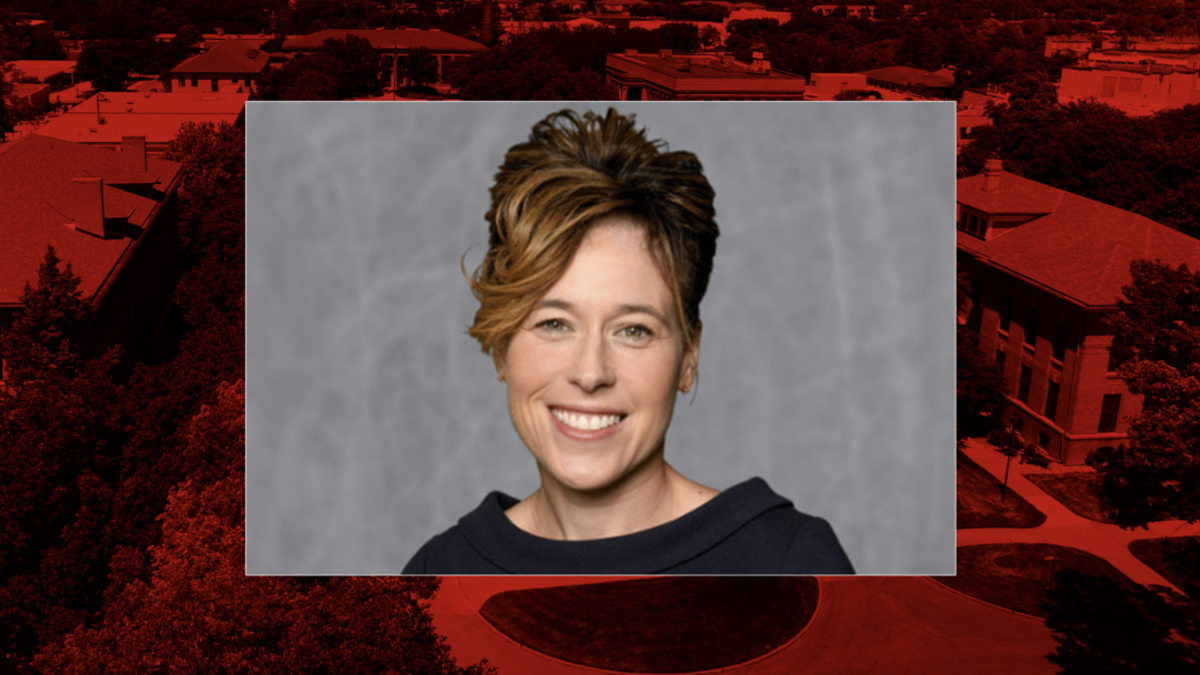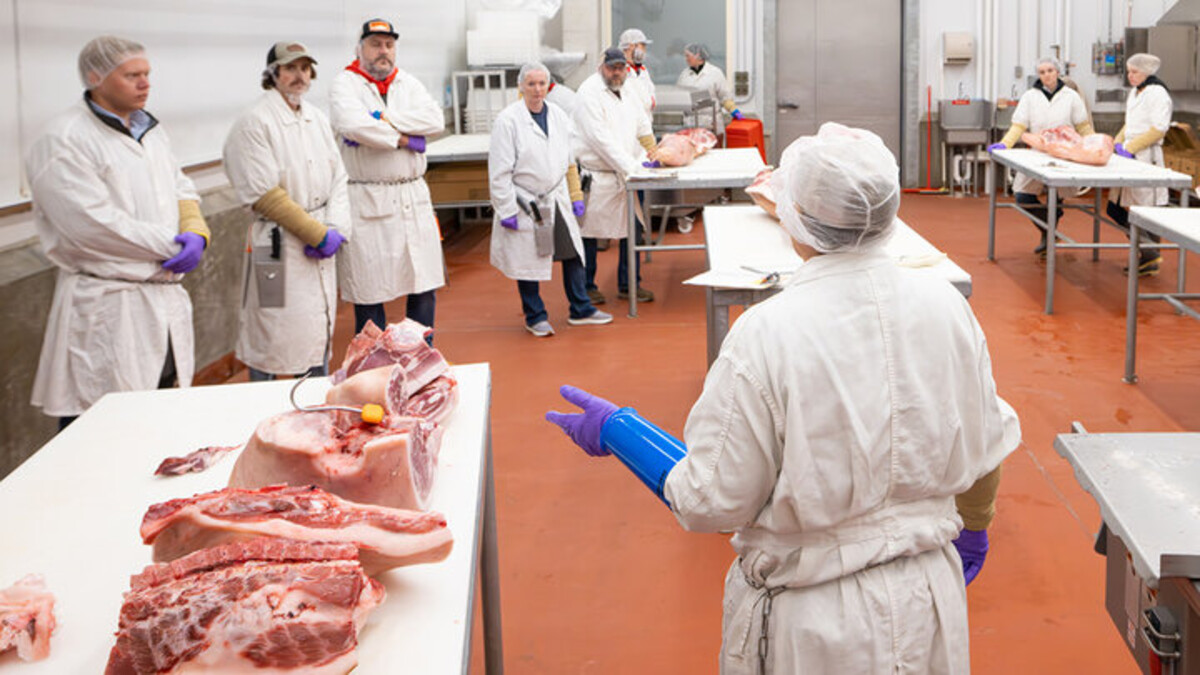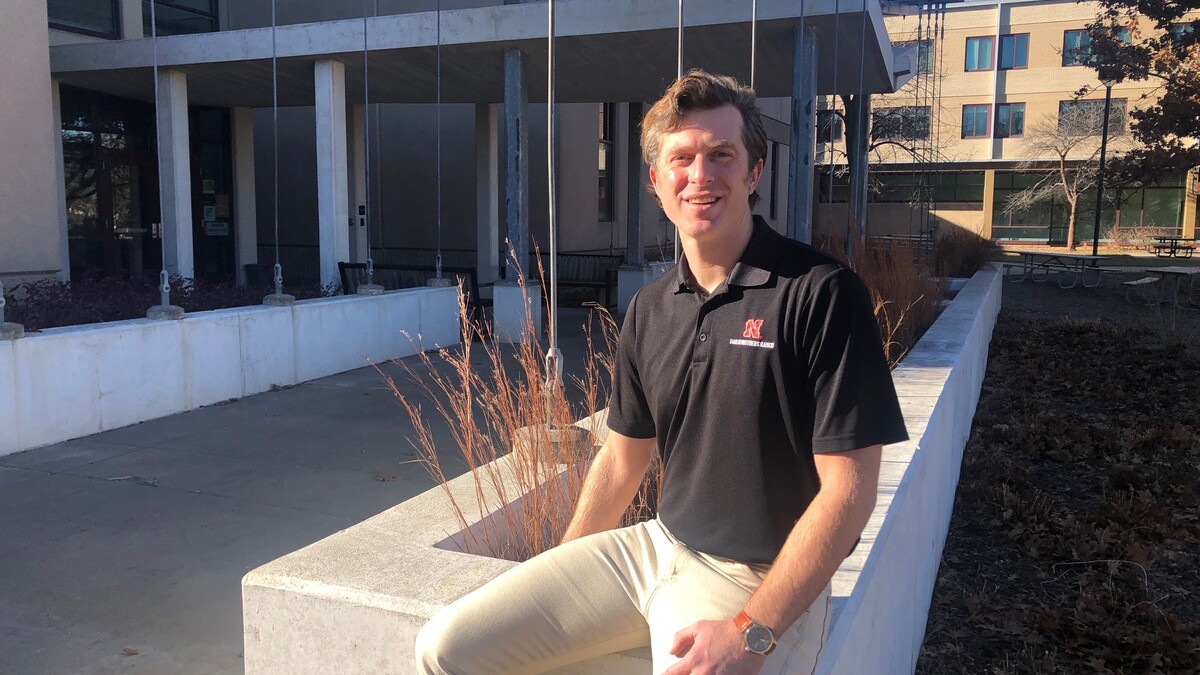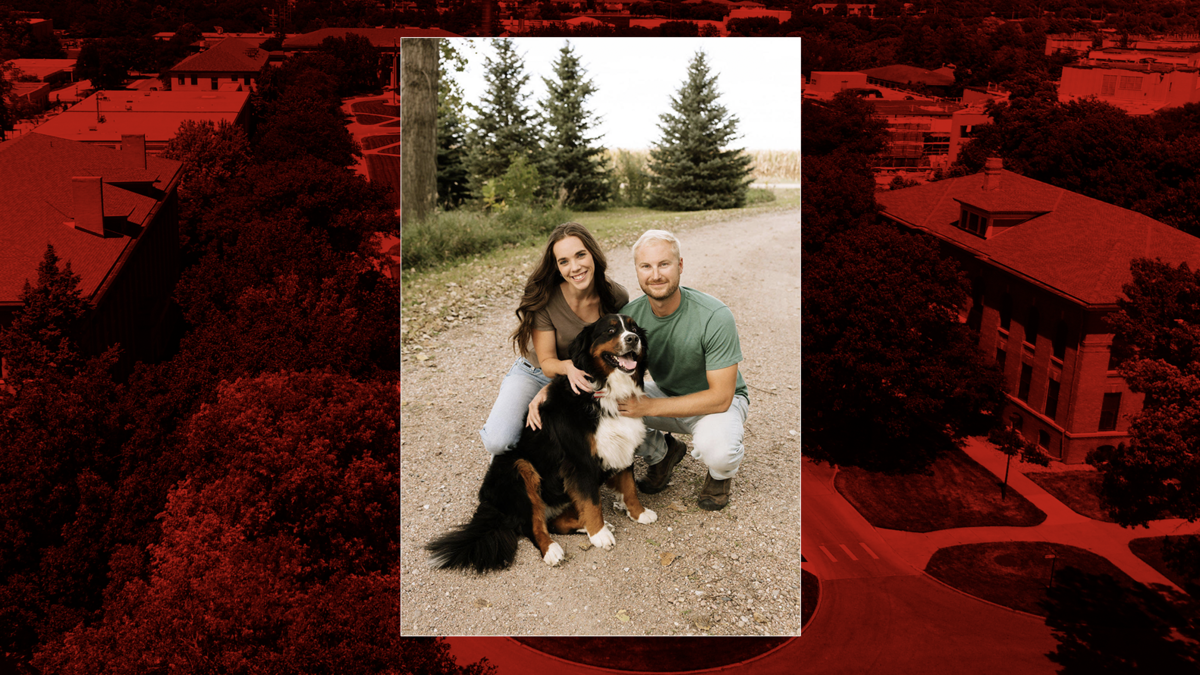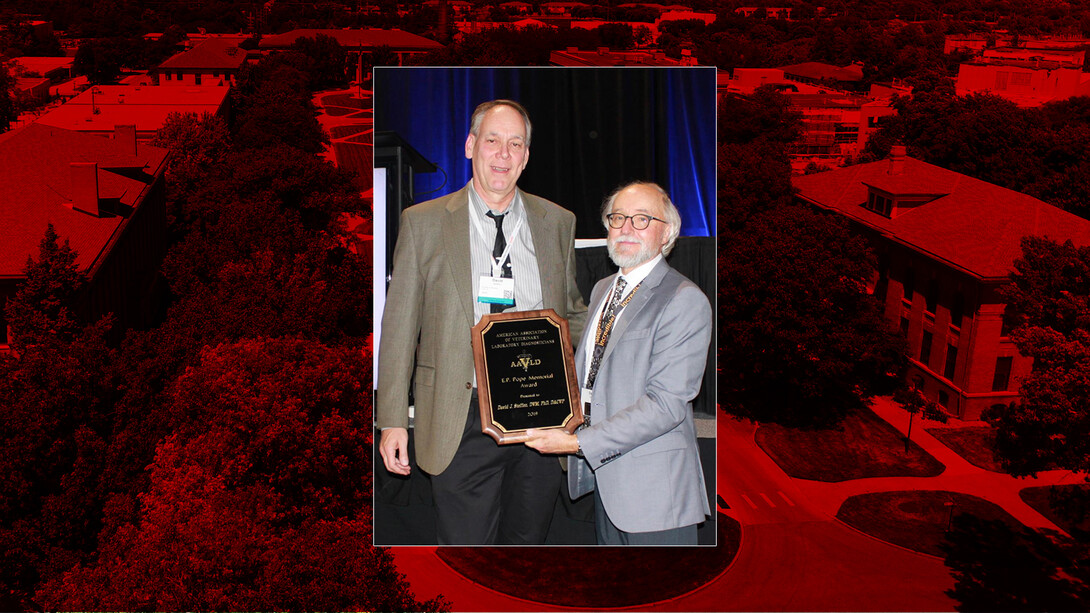
Lincoln, Neb. —Growing up on a farm near the small community in of Fordyce in Northeast Nebraska, David Steffen dreamed of one day becoming a country vet.
His family raised cows, sows and broilers, and he got to know the country veterinarians who tended to the livestock of his family and his neighbors. Their days seemed interesting and varied, Steffen said. Veterinarians helped both animals and the people who cared for them. All of these things appealed to Steffen.
He attended college at the University of Nebraska-Lincoln, where he studied animal science. After graduation, he went on to Iowa State University, where he got his DVM.
For a few years, he did become a country vet. But his wife, whose expertise was in computers, had a difficult time finding a job, and Steffen began looking for a position someplace where she could put her degree to work, too. He and his wife moved to Manhattan, Kan., where he began work on a doctoral degree at Kansas State University. This put him on track for an academic career, with a stop at North Dakota State University before he returned to Nebraska.
Today, he provides leadership in diagnostic pathology and as the quality control section head of the veterinary diagnostic center. And recently, he received the highest honor in the field of veterinary diagnostics -- the 2019 Dr. Edward P. Pope Memorial Award, presented by the American Association of Veterinary Laboratory Diagnosticians.
The award was a huge honor and came as somewhat of a surprise to Steffen, whose favorite part of the job remains helping people.
On a recent morning in his office in the Veterinary Diagnostic Center, he looked at slides from feeder lambs that were succumbing to a mystery affliction, as well as from a Scottish terrier with a terrible looking liver. Steffen finds it rewarding to figure out a diagnosis for a livestock producer whose livelihood is affected by disease, or for a pet owner who wants to know why their pet is sick.
“It is a blessing to work using scientific knowledge to help others,” Steffen said in a story about the award in the Journal of Veterinary Diagnostic Investigation. “Every day I am provided the opportunity to develop meaningful, productive relationships with clients and scientists as we partner to improve the economic vitality of animal agriculture, the emotional health of pet owners, and the general health of animal populations and all people.”
No two days are quite alike, and Steffen enjoys that, too.
“You get to see all kinds of weird, interesting stuff,” he said. “You get to be a detective.”
One particularly interesting mystery he encountered was a fatal type of dwarfism that showed up in several different breeds of calves. Steffen was able to pinpoint a genetic cause for the disease, which ultimately allowed for development of a test for breeders. Over his career, Steffen was able to identify seven different genetic disorders – all of which led to the development of tests that livestock producer can use to determine whether their animals are afflicted.
“With genomics now, we can go from recognizing a disease to having a test for it within a year,” he said.
Throughout his career, he has dedicated time and expertise to advance animal health and veterinary pathology at state and national levels, serving on the Nebraska Poultry Health Committee, the Nebraska State Lab Response Network, and the Johne’s Disease Committee. He has been a member of the American association of Veterinary Laboratory Diagnostics since 1996, over the years serving as both vice president and president. He also served as an associate editor for the Journal of Veterinary Diagnostic Investigation. He has author or co-authored more than 60 peer-reviewed publications on topics including diagnostics, comparative medical sciences and many other issues and received numerous other awards. He also served as an undergraduate advisor for more than a decade, and has kept in contact with many of his old students.
“Dave has made many significant contributions to animal health, livestock management, and veterinary pathology,” said Ron Yoder, Associate Vice Chancellor for the Institute of Agriculture and Natural Resources at the University of Nebraska-Lincoln. “We highly value his work here at the university, as do livestock producers across Nebraska and the country.”
Steffen didn’t imagine that his plan to be a country vet would have led him down the path it did. But the things that drew him into vet medicine in the first place – the variety, the opportunity to meet people and to help them – have remained central throughout his career. He’s more likely, though, to do so from his office than on a farm like the one where he grew up.
“My happy place is here at my microscope,” he said.
